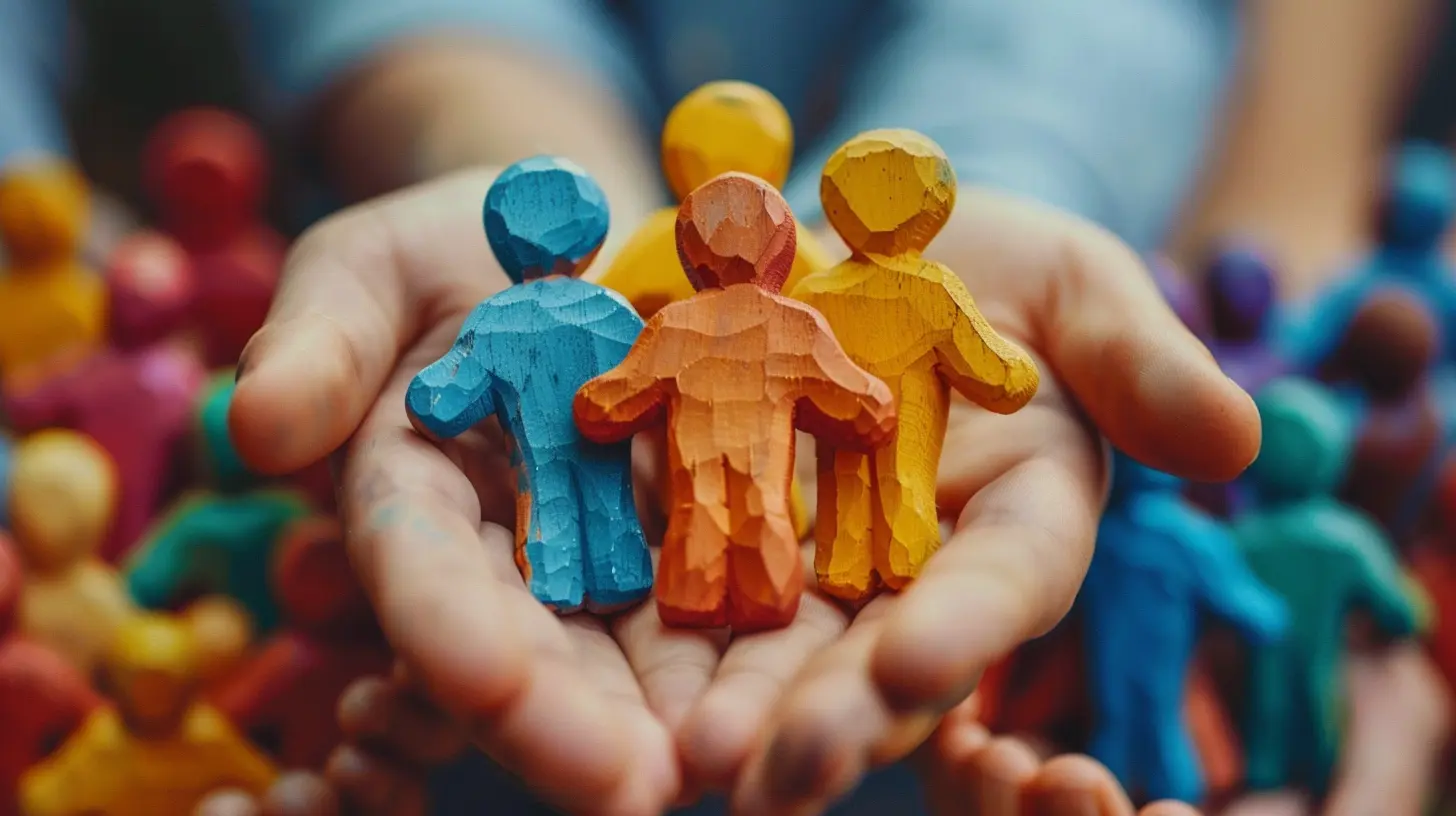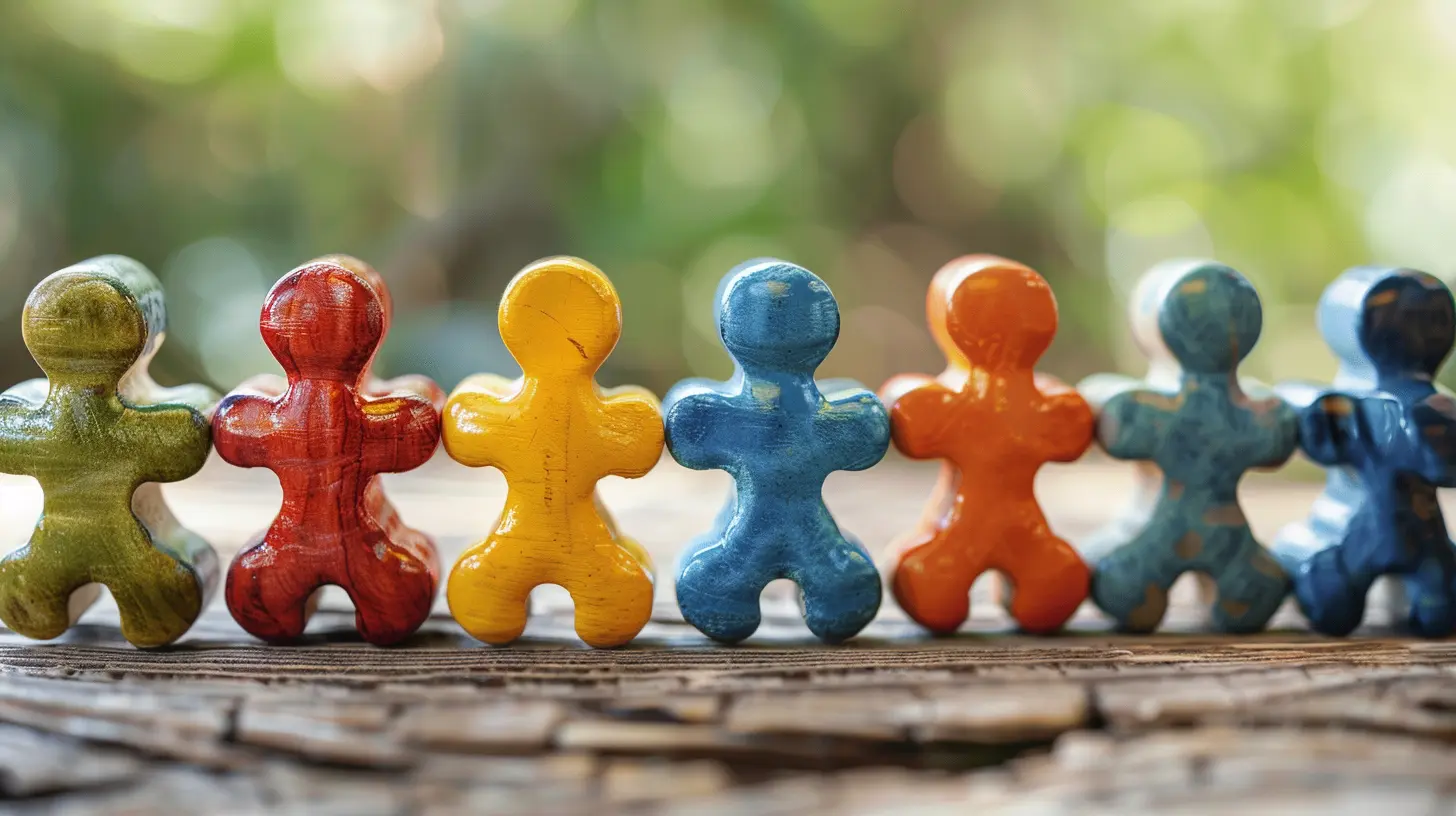The Importance of Social Capital in Building Strong Communities
8 June 2025
In today’s world, where technology often replaces face-to-face interactions, the power of social capital is more critical than ever. But what exactly is social capital, and why does it matter? Simply put, social capital refers to the networks, relationships, and trust that connect people within a community. It’s the glue that holds neighborhoods, workplaces, and societies together.
Without social capital, communities can feel disconnected, lonely, and fragmented. But with it? People thrive, businesses flourish, and overall well-being skyrockets. In this article, we’ll break down why social capital is essential, how it strengthens communities, and what we can do to nurture it.
What is Social Capital?
Social capital is a fancy term for something we experience daily—our connections with others. It’s the web of relationships that provide support, trust, and shared values within a society.Think of it like a bank account. The more positive interactions and relationships you build, the richer your ‘social bank account’ becomes. But if trust is broken and connections weaken, that account runs dry, leading to isolation and disconnection.
Types of Social Capital
Social capital isn’t a one-size-fits-all concept. Researchers categorize it into three main types:1. Bonding Social Capital – Strong ties with family, close friends, and similar social groups. This type fosters emotional support and trust.
2. Bridging Social Capital – Connections with people from different backgrounds, cultures, and communities. This builds diversity and broadens opportunities.
3. Linking Social Capital – Relationships between individuals and institutions, like governments or businesses, that provide access to resources and opportunities.
Each type plays a unique role in shaping strong, connected communities.
Why Social Capital is Vital for Strong Communities
Communities thrive when people trust and support one another. Social capital fosters meaningful interactions that lead to better overall well-being, economic growth, and safer neighborhoods. Let’s dive into the core reasons why social capital is so crucial.1. Strengthens Trust and Cooperation
Ever noticed how tight-knit communities look out for one another? Neighbors lend a helping hand, support local businesses, and collaborate on community projects. That’s social capital in action. When trust exists, people feel safer, and cooperation increases, leading to a more harmonious society.2. Enhances Mental and Physical Well-Being
Loneliness is an epidemic in modern society, and social capital acts as a protective shield. Strong social networks help reduce stress, anxiety, and depression while promoting overall happiness. People with strong social ties tend to live longer, healthier lives—proof that good friendships are more powerful than we think!3. Boosts Economic Growth and Job Opportunities
Social capital can be a game-changer for career and business success. Networking, mentorships, and strong community ties create job opportunities and business growth. A connected community fosters entrepreneurship, attracts investments, and builds a strong local economy.4. Promotes Civic Engagement and Social Responsibility
Communities with high social capital have active members who participate in local initiatives, vote in elections, and engage in volunteer work. When people feel they belong, they’re more likely to contribute to societal improvement, making the community a better place for everyone.5. Creates Safer Neighborhoods
Studies show that communities with strong social ties experience lower crime rates. When neighbors know and trust each other, they’re more likely to look out for suspicious activities and act collectively to ensure safety.
How to Build and Strengthen Social Capital
Now that we know how powerful social capital is, the big question is—how do we build it? Strengthening community bonds doesn’t happen overnight, but small steps can make a massive impact. Here are some practical ways to enhance social capital in our daily lives.1. Foster Genuine Connections
Start small by getting to know your neighbors, colleagues, and local community members. A simple “hello” or a friendly chat can go a long way in building meaningful relationships.2. Encourage Community Involvement
Join or organize local events, community meetings, or volunteer initiatives. The more people engage with their community, the stronger the social capital grows.3. Support Local Businesses and Initiatives
Buying from local stores, participating in farmers' markets, and attending community fundraisers create a sense of belonging and mutual support.4. Utilize Technology to Connect, Not Divide
Social media and digital platforms can be powerful tools for building social capital if used wisely. Online community groups, local forums, and digital meetups can help people stay connected and engaged.5. Build Inclusive and Diverse Networks
Embracing diversity and inclusivity enhances bridging social capital. Connecting with individuals from different backgrounds fosters understanding, tolerance, and community resilience.6. Practice Acts of Kindness
Sometimes, the smallest gestures can create the most significant impact. Offering help, showing appreciation, and being there for others contribute to stronger, more connected communities.
Challenges in Building Social Capital
While social capital is essential, it’s not without challenges. The modern era presents obstacles that make community bonding difficult.1. Increased Digital Isolation
Ironically, while technology makes communication easier, it often replaces real-life interactions. People spend more time on screens than engaging with their neighbors, weakening social connections.2. Urbanization and Transient Lifestyles
With people frequently relocating for work or education, long-term community bonds are harder to maintain. Building trust and lasting connections takes time, but modern mobility makes it challenging.3. Social and Economic Inequalities
Not everyone has equal access to networks and opportunities. Economic struggles, discrimination, and social divisions can hinder the formation of trust and cooperation within communities.4. Declining Trust in Institutions
In today’s world, trust in governments, corporations, and institutions is eroding. This weakens linking social capital, making it harder for communities to access the resources needed for growth.Conclusion: The Future of Social Capital
Building and maintaining social capital is more crucial than ever. In a world where people are growing more isolated, fostering connections should be a priority for individuals, communities, and policymakers alike.Communities that invest in social capital see immense benefits—stronger relationships, safer neighborhoods, better mental health, and economic prosperity. It all starts with one action: reaching out, engaging, and nurturing the connections that hold society together.
So, the next time you hesitate to strike up a conversation with your neighbor or skip a community event, remember—you’re not just engaging in small talk; you’re building the foundation of a stronger, more connected world.
all images in this post were generated using AI tools
Category:
Social PsychologyAuthor:

Jenna Richardson
Discussion
rate this article
2 comments
Storm McEvoy
Social capital fosters connections, trust, and resilience, essential for thriving communities.
June 11, 2025 at 4:11 PM

Jenna Richardson
Thank you for your insightful comment! I completely agree—social capital is indeed vital for nurturing the connections and trust that strengthen community resilience.
Abram McCullough
This article beautifully highlights how social capital fosters trust and collaboration within communities. It's a reminder that strong relationships are foundational to resilience and collective well-being. We truly thrive together.
June 8, 2025 at 3:26 AM

Jenna Richardson
Thank you for your thoughtful comment! I completely agree—strong relationships are essential for fostering resilience and thriving communities.


